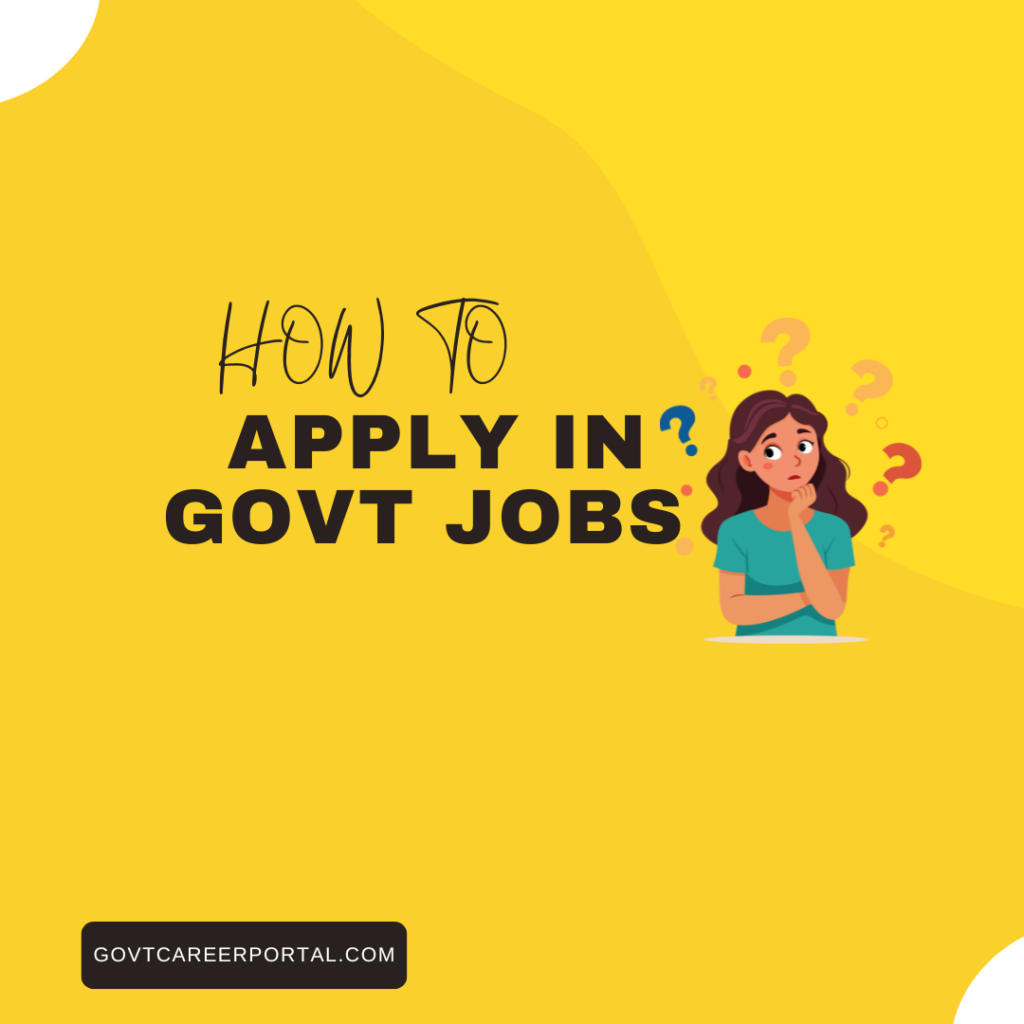Uncategorized
Government Job Benefits: A Quick Guide
Are you thinking about working for the government and want to know what kind of pay and perks you could expect? There are several benefits to working for the government job , which can be very alluring. This is a thorough overview of the pay, perks, retirement plans, and other things you might anticipate. Base Pay Government employment often have a set salary scale based on region, experience level, and job grade. Although payment for these jobs varies, it is often competitive and in line with industry norms for jobs of a comparable nature. Health Insurance Medical, dental, and vision coverage are among the many options for health insurance that are usually available to government employees. Plans: Generally, there are a number of options available to you, including lower-deductible plans with higher premiums and high-deductible plans with Health Savings Accounts (HSAs). Expenses: The government pays the remaining amount of the premium; employees bear part of the cost. When compared to private-sector insurance, premiums are frequently more inexpensive because of government subsidies Defined Benefit Plans (Pensions) A lot of government jobs come with pension plans, in which retirement benefits are determined using a formula that takes salary and years of service into account. This offers a retirement income that is assured. Plans with defined contributions (403(b) or 401(k)): Plans for retirement savings where both you and your employer participate can also be available to you. To increase your retirement savings, certain organizations provide matching contributions. Social Security: You may be eligible to receive benefits from Social Security, depending on the agency. For instance, the Federal Employees Retirement System (FERS), which has unique provisions of its own, provides coverage to federal employees. Paid Time Off (PTO) Vacation Days Depending on your term of service, government jobs typically come with a fixed amount of vacation days per year. Sick Leave: Sick leave can be utilized for personal illness or to care for family members. It is normally accrued. Expect paid vacations, such as government holidays and other days set aside for that purpose. Additional Advantages Flexible Work Arrangements: Some jobs allow for flexible work schedules, telecommuting, or shortened workweeks. Education and Training: Professional development possibilities, such as training courses and financial aid for tuition, may be available to you. Work-Life Balance Programs: Government employment frequently offers wellness initiatives, employee assistance programs (EAPs), and other tools to promote general well-being. Extra Benefits Job Security: Compared to the private sector, government employment frequently offer greater job security. Career Advancement: Government entities frequently offer structured career paths and prospects for promotion. Public Service: Serving the public and strengthening the community is something that many people find to be a major and rewarding perk. Getting Around the System To maximize the perks of your government employment Recognize the Details: Examine the benefits package tailored to the particular role and organization.Examine the fine print. Be mindful of the eligibility requirements, retirement plan vesting periods, and other specifics.Speak with HR: Get in touch with the agency’s Human Resources division for more specific details Many people find government employment to be an appealing option because they frequently provide a generous benefits package in addition to the base pay. Working for the government has several benefits, including solid retirement plans, extensive health coverage, and job stability. Go to the Govtcareerportal.com for additional information and tools on navigating government careers.
Top Govt Jobs in India with Competitive Salaries: 2024 Update
govtcareerportal.com For the latest updates and detailed application procedures, visit official government websites and trusted employment news sources. Discover more insights and resources at govtcareerportal.com to pursue a rewarding career in these sectors.




